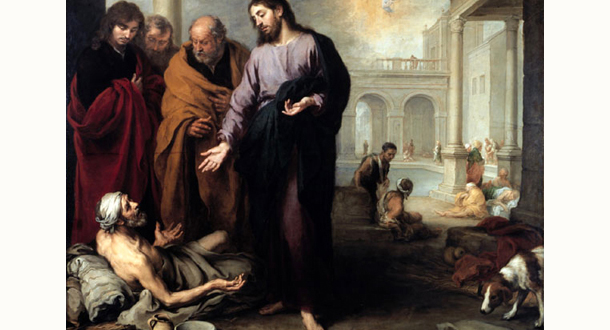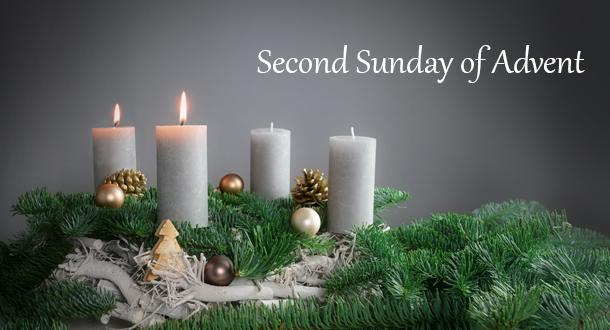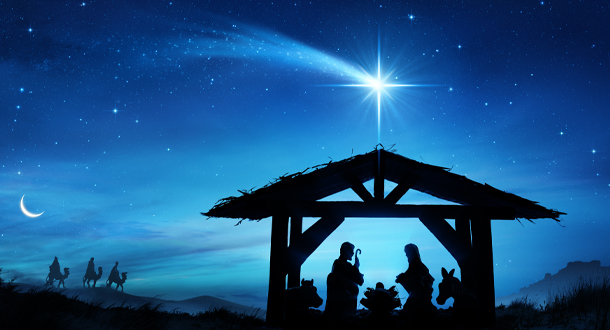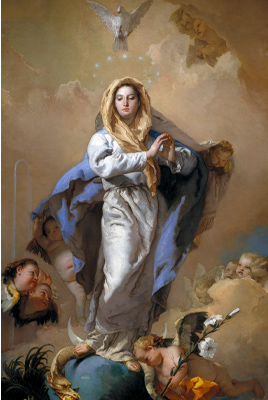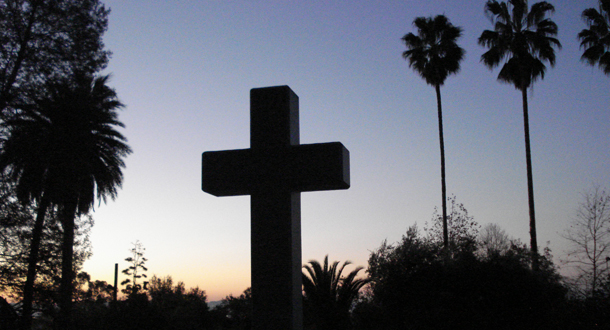Memorial of Saint John of the Cross, Priest and Doctor of the Church
Scripture:
Isaiah 41:13-20
Matthew 11:11-15
Reflection:
For this day in the second week of Advent, the Church has asked us to remember a Spanish reformer, St. John of the Cross.
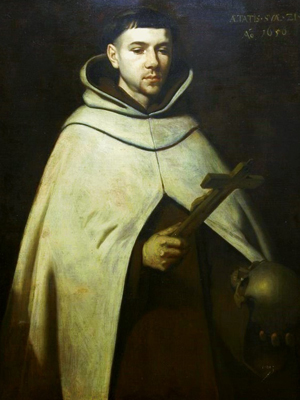
An introduction to St. John of the Cross is available at the University of Notre Dame Alumni Association website.
Saint John of the Cross was a Doctor of the Church. From Notre Dame’s website, an excerpt from his long poem “Spiritual Canticle” stands out. It interfaces with some of the messages in today’s biblical readings:
Quench my troubles,
For no one else can soothe them;
And let my eyes behold You,
For You are their light,
And I will keep them for You alone.
In today’s readings, Isaiah laid out a robust list of promises by God to quench our troubles. “Fear not, I will help you,” the list began.
The repeated response to the Psalms is, “The Lord is gracious and merciful; slow to anger, and of great kindness.” And in the first psalm of the day, “the Lord is good to all and compassionate toward all his works.”
Sometimes, finding one crucial thing to reflect upon from all the readings on a given day is challenging. Today was no exception. There is a bucket of theology to consider, from Elijah to John the Baptist to St. John of the Cross. However, the divine helpfulness emphasized among these readings and John of the Cross poetry might move us to imitate God’s behavior around “quenching people’s troubles.” For this alone, there are plenty of verbal phrases to take action on: soothe, deal with fears, help, be gracious, be merciful, be slow to anger, be kind, be good to all, and be compassionate toward everyone and everything.
What might we do in our next encounter with someone to quench some troubles?
Jack Dermody is the editor of the CrossRoads bulletin for the Passionist Alumni Association and a member of the Migration Commission for Holy Cross Province. He lives in Glendale, Arizona.

